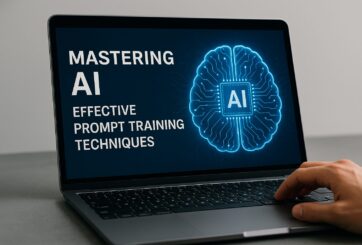
Innovative Video Storage Techniques for Mobile Devices

Technical Research Centre of Finland, VTT is serving as an expert in a European project for developing processing methods for mobile videos. In the near future, consumers will be able to store videos taken by video camera and video phones to their personal digital archives, where they can search and browse them, share them with their friends and view them on their own devices. The videos are easy to find and view on a computer, mobile phone or handheld computer. The new methods promote the commercialisation of video services and business activity in the field and improve the competitiveness of Finnish companies.
Consumers like to store their video clips systematically and view them on various wired or wireless devices: computers, mobile phones and handheld computers. The various characteristics of mobile devices, limited transfer rates and screen sizes a major challenge to new methods of processing videos.
VTT is involved in the work of designing new video processing methods for videos and is in charge of the practical tests in video processing. With the methods under development the locations and dates of the videos are stored in a database, as is information on the image and sound content and technical aspects of the shots. Thus the stored videos are easy to browse utilising intelligent video retrieval methods. The video is adjusted according to the terminal device, when transferred e.g. to the camera phone. The adaptation makes video transfer quick and inexpensive, as small amount of image data is sufficient for image precision on a camera phone. The original shot with video camera precision contains an enormous amount of image data.
During the upcoming summer, VTT and its partners will be testing novel European methods to store, retrieve, compress, transfer and present videos on a camera telephone or a computer. After the summer the methods will be integrated into single system. In the future consumers will be able to store videos into their own digital archives from which they can be viewed by their friends, family members and the consumers themselves on their own respective computers. Commercialisation of the new methods will take 3 to 5 years.
The R & D work is funded by VTT, Solid Information Technology, Hantro Products Oy and Tekes. The work forms a considerable part of an extensive Eureka project led by Bosch, and involving four European countries and 14 participating parties, among them Philips.
Solid Information Technology is developing distributed database technologies. According to Jorma Palo, the company’s Technology Manager, the development work for processing mobile videos has progressed to the point of exploring the commercial prospects of the most recent digital media. In the future the amounts of video data to be stored will be quite extensive, and consumers want to see their videos fast. The results of the development work will enable the development of convenient methods for the video products of the future. With this project the Finns can also make a significant contribution to the European standardisation work.









